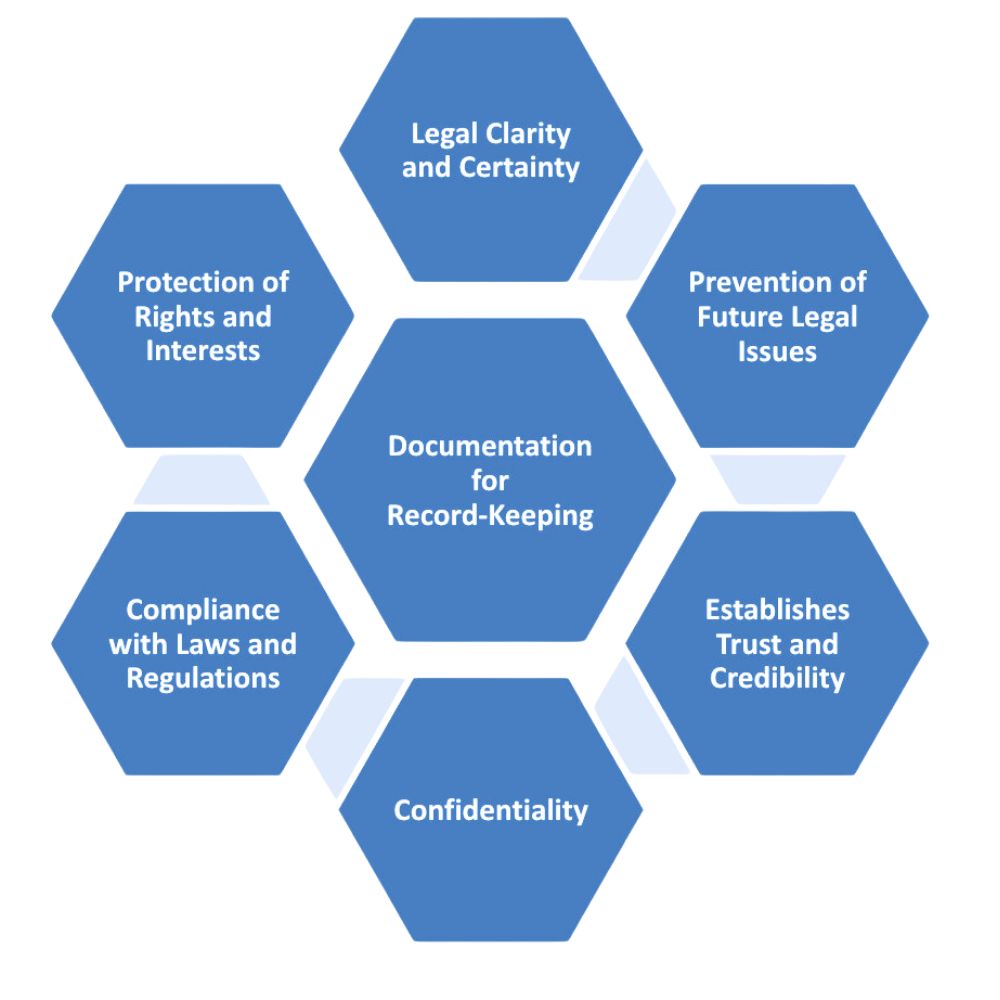A Share Transfer Agreement is a legal document that governs the transfer of shares from one person or entity to another. This agreement is particularly important in private companies where shares are not traded publicly and the transfer of shares is not as simple as in public companies. It includes the identities of the seller and the buyer, the number and type of shares being transferred, and the price agreed upon for these shares. Importantly, it also details the terms of payment, which could range from a straightforward one-time payment to more complex, structured arrangements.
This section identifies the document as a Share Transfer Agreement and usually includes the date and place where the agreement is made.
Clearly state the names and addresses of the seller (transferor) and the buyer (transferee) of the shares.
This part provides the background and context of the agreement, explaining the rationale behind the share transfer.
Specific terms used in the agreement are clearly defined for clarity and to avoid ambiguity.
Specify the number and class of shares being transferred, including any unique identifiers or certificate numbers.
Outline the agreed-upon price for the shares and the terms of payment, such as the payment method, schedule and any conditions or contingencies.
Both parties make formal statements about the status of the shares, compliance with laws, absence of encumbrances and other assurances.
Binding promises by the parties regarding their behavior and actions related to the share transfer.
List any conditions that must be met before the share transfer is effective.
Provisions for each party to compensate the other for losses arising from breaches of the agreement or misrepresentations.
Clauses ensure that confidential information exchanged during the transaction remains private.
Specify how and under what circumstances the agreement can be terminated.
Detail the agreed-upon process for resolving disputes, such as arbitration or litigation.

It’s a legal document that outlines the terms and conditions under which shares of a company are transferred from one party (the seller) to another (the buyer).
This agreement is necessary whenever shares of a private company are being sold or transferred, ensuring the transaction is legally documented.
Essential components include the details of the parties involved, the number and type of shares being transferred, the transfer price, payment terms, representations and warranties, indemnification clauses and dispute resolution mechanisms.
While not legally required, it is highly advisable to consult with a lawyer to ensure that the agreement is legally sound and all necessary terms are included.
Technically, shares can be transferred without an agreement, but this is risky as it lacks legal documentation and clarity, which can lead to disputes and legal complications.
Violating the terms can lead to legal action, including claims for damages, specific performance, or contract termination, depending on the nature of the breach.
They are similar, but not identical. A Stock Purchase Agreement is used primarily in the context of acquiring shares from the issuing company, while a Share Transfer Agreement is used for transferring shares between individuals or entities.
The price can be determined by mutual agreement between the parties, based on company valuation, market conditions or other valuation methods.
Yes, there can be tax implications for both the seller and buyer, depending on the jurisdiction and the specifics of the transaction.
Amendments are possible but require the consent of all parties involved and should be documented in a written amendment to the original agreement.

We proudly announce our new website packed with updated data, resources, and valuable information